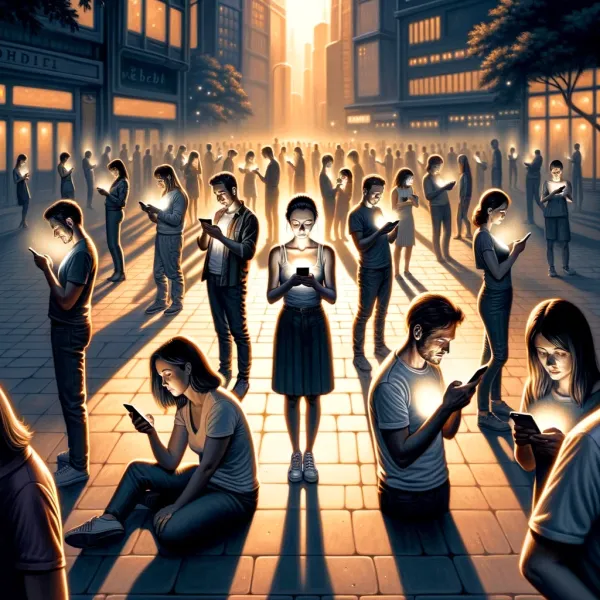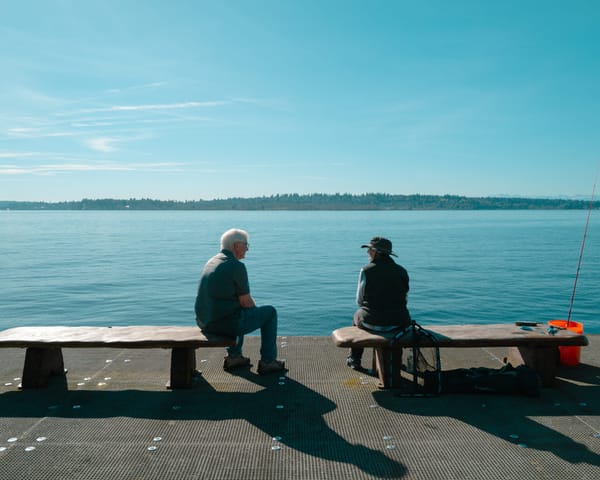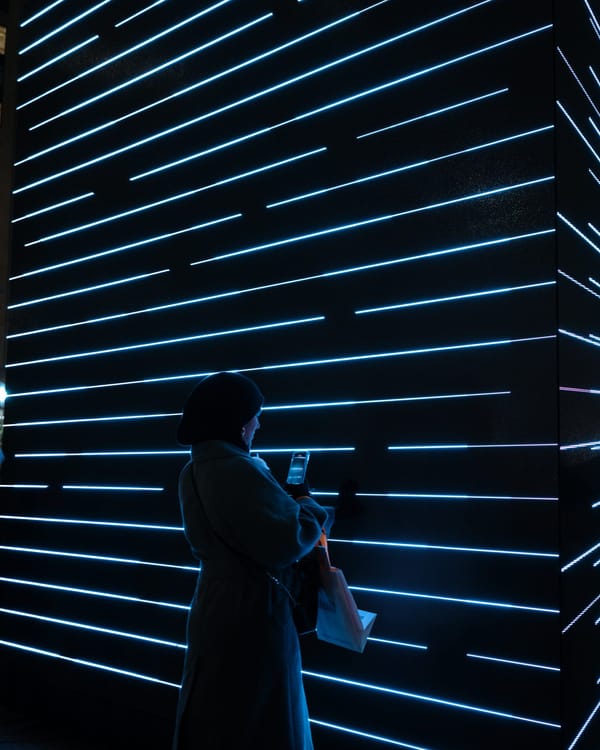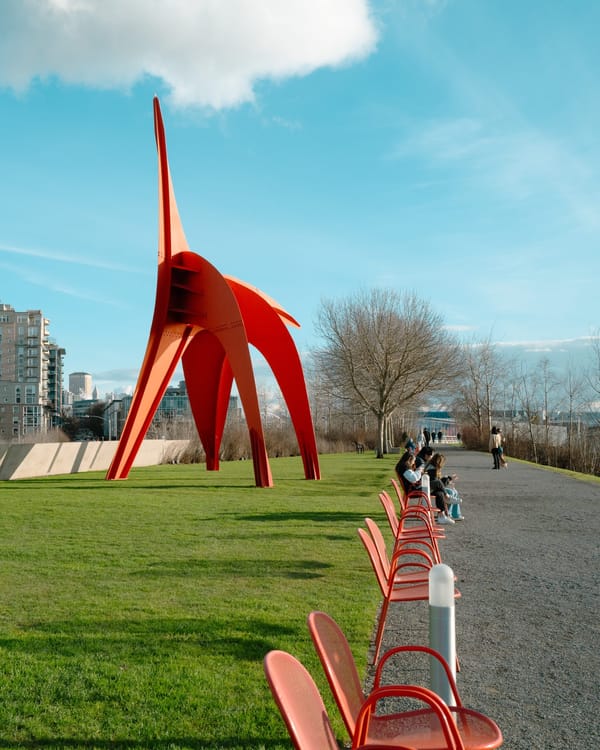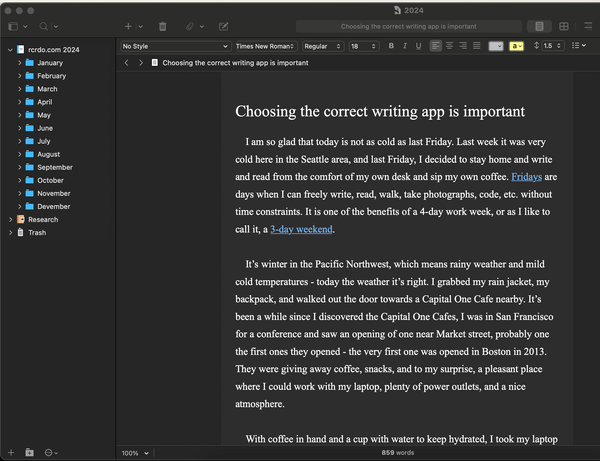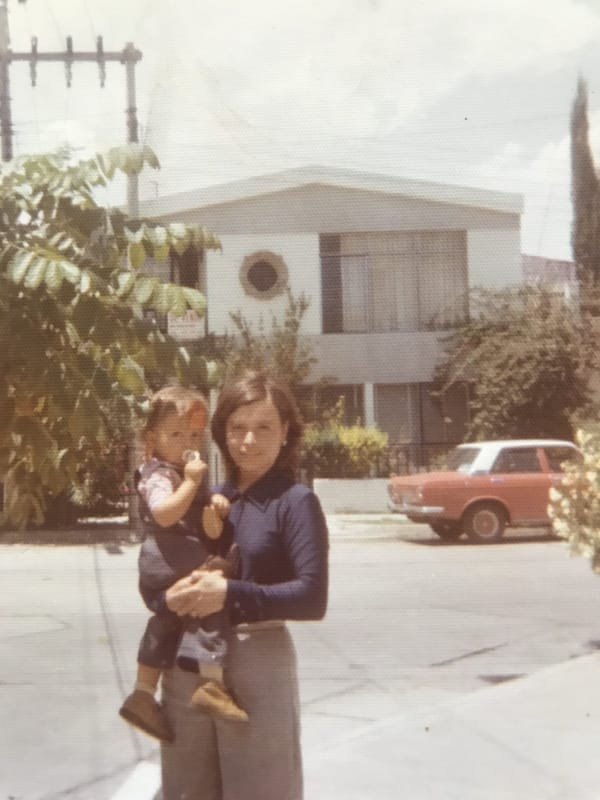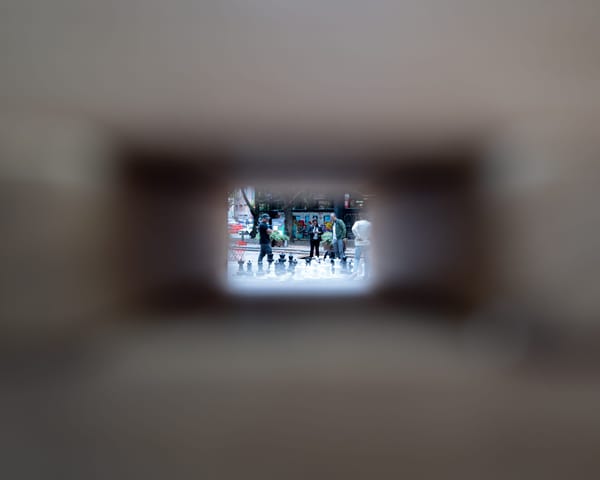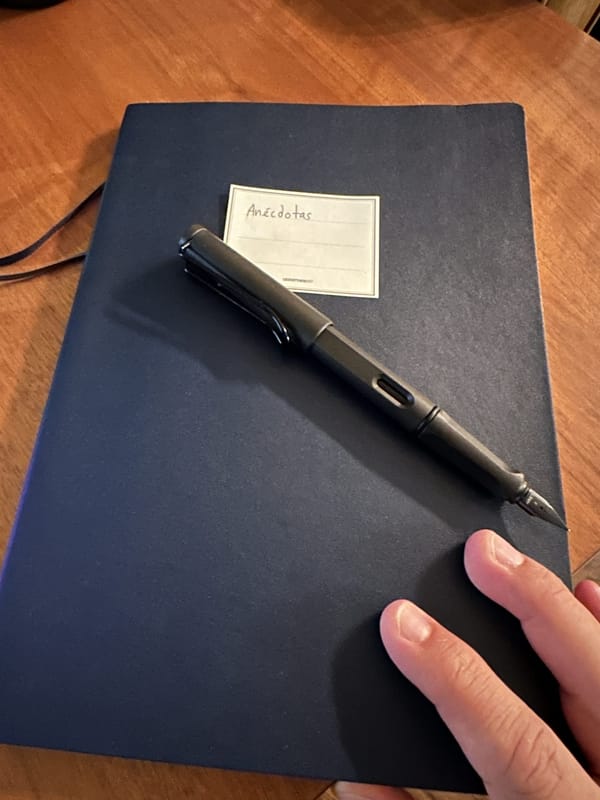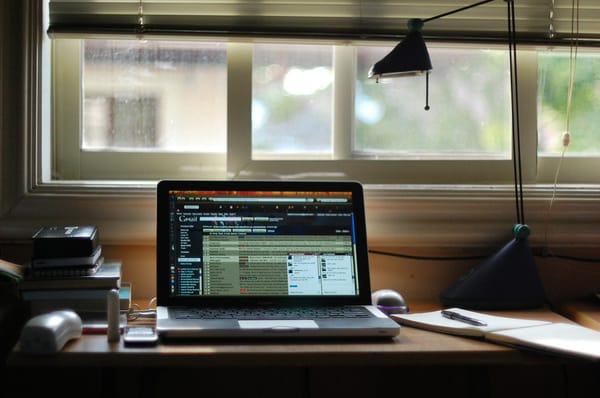
business
Technology Has Lowered the Bar for Starting a Business
Starting a business was once a monumental task, particularly for endeavors requiring significant investment, such as spacecraft, pharmaceuticals, or automotive manufacturing. However, the landscape for launching software or service companies has vastly improved in terms of accessibility. There was a time when establishing a software business necessitated significant investments in
